Research reveals ways to curb Australia’s domestic violence crisis
New Australian-led research looking at global solutions to spotting red flags and stopping domestic violence perpetrators reveals a blueprint for how the nation’s DV crisis could be fixed.
True Crime
Don't miss out on the headlines from True Crime. Followed categories will be added to My News.
A crack team of specialised criminal investigators, dedicated family justice centres, and robust court-mandated interventions for violent perpetrators are some of the global solutions recommended to curb domestic violence.
Veteran police officer Superintendent Andrew Hurst, who was awarded a Churchill Fellowship to study global solutions to the growing epidemic of intimate partner violence said in his report Australia needs to learn from the successes of other countries.
Superintendent Hurst, who is the Commander of the Transformation Strategy and Design section of NSW Police, visited three countries, 15 cities, and interviewed more than 100 people involved in tackling domestic violence.
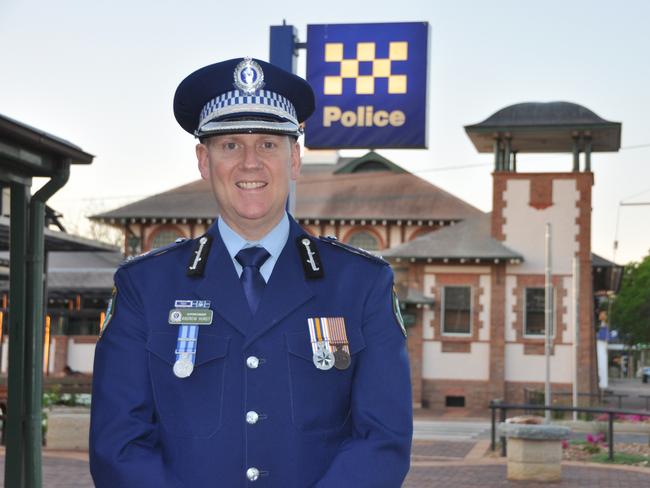
His research report relies heavily on targeting offender behaviours revealing there is typically a critical window of perpetrator offending and red flags before their actions escalate, in some cases lethally, that authorities must recognise and act on immediately.
Supt Hurst believes top priority should be given to proven programs and interventions aimed at transforming the behaviour of perpetrators – coupled with vigorous supervision and compliance enforcement from the probation and court systems.
“High-threat perpetrators rightfully need targeted strategies from law enforcement to disrupt their abusive behaviour and stop them from committing intimate partner offences,” Supt Hurst said.

He said programs conducting early comprehensive screenings of perpetrators following an offence – can uncover root causes for violent behaviours and importantly help identify risk factors for any reoffending.
His research comes as Prime Minister Anthony Albanese convened an urgent national cabinet meeting last week after declaring violence against women a “national emergency” in the wake of 27 killings this year.
And Federal Attorney-General Mark Dreyfus on Friday hosted a Police Ministers meeting to discuss investigating new ways to spot red flags for dangerous men.
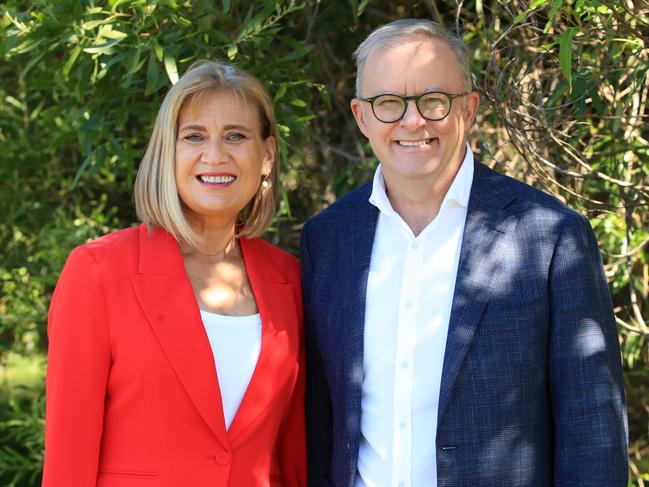
Superintendent Hurst’s report was sent by the Churchill Trust to the office of Federal Assistant Minister for Prevention of Family Violence, Justine Elliot, and the NSW government but there has been no response.
A spokeswoman for Ms Elliot said it was forwarded to the Department of Social Services.
Professor Chris Boyle from the StandbyU Foundation said bureaucrats and decision makers don’t really want to hear about new solutions that don’t fit their narrative.
He said despite the rhetoric about that government will work with anyone to solve this issue
“What they are really saying is we are out of ideas and not open to new ones
“This is a wasted opportunity,” said Professor Boyle.
Supt Hurst’s findings recommend co-located dedicated multi-agency teams which also take in law enforcement officers and judges who are all available to “problem solve” and ensure offenders are effectively monitored, while victims are adequately protected.
”Investment in evidence-based interventions that compel perpetrators to undergo transformation is key,” his wrote in his report.

His research shows the responsibility needs to be shouldered by “a coalition of agencies, as opposed to isolated organisations operating in silos.”
He said his recommended model complements the goal of the National Plan to End Violence Against Women and Their Children and some state based projects which are already in place.
Much of Superintendent Hurst’s report examines the success of programs that are offender-targeted because research from the NSW Bureau of Crime Statistics and Research shows 25 per cent of offenders commit another offence within two months of the original offence and 53 per cent commit another offence within five months.
Overall 11 per cent of domestic violence offenders are charged again within 12 months; and 40 per cent of offenders commit another offence before the court process even finishes for the original offence.
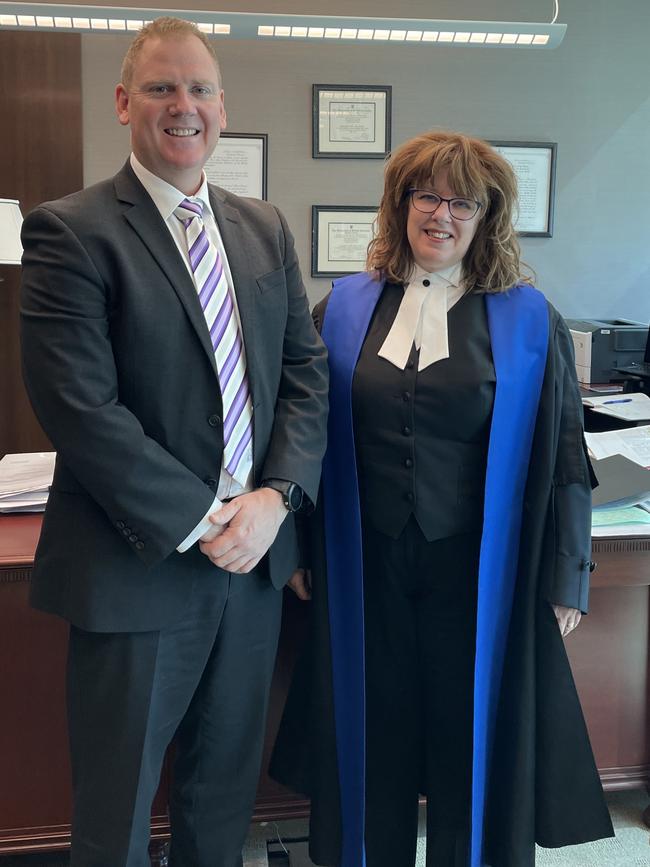
In Alberta, Calgary the results from the Domestic Violence Court showed 75 per cent of perpetrators do not reoffend within two years.
The Dallas County Felony Domestic Violence Court, Texas focuses on a ramped up pre-sentencing assessment of perpetrator risk factors to determine those offenders who present the highest risk for “lethality” and those high risk offenders are closely monitored.
The Dallas Court also has a unique post-sentence model which mandates perpetrator involvement in a court-led program, for between 14 and 21 months.
The report recommends a Family Justice Centre model with co-located multi-agency centres to respond to early intervention and prevention; establishing diversionary interventions; setting up specialised courts to promote early intervention and behavioural change;
court-mandated interventions; and to consider the United Nations Womens framework to implement a scalable, co-ordinated community response model.
AUSSIE FIRST TO HELP WOMEN FLEEING DOMESTIC VIOLENCE
- Tileah Dobson
An Australia-first initiative is helping to provide women fleeing from domestic violence safe access to mobile phones as a way to combat technology-facilitated abuse (TFA).
Having safe access to a mobile phone is common across the world and it’s why for domestic violence victims, that security is often the first thing taken away.
Abusers will use GPS tracking apps such as Find My Phone, Facebook messenger, What’sApp and devices such as Apple AirTags, to track and stalk their victims, with four in five Australian women experiencing or have experienced some form of TFA.
On average, one woman is killed by an intimate partner every four days across the country, while one in three women have experienced physical violence since the age of 15.
According to Women & Children First’s CEO Dr Gabrielle Morrissey, having access to a mobile phone free of tracking is “paramount” for women fleeing from domestic violence.
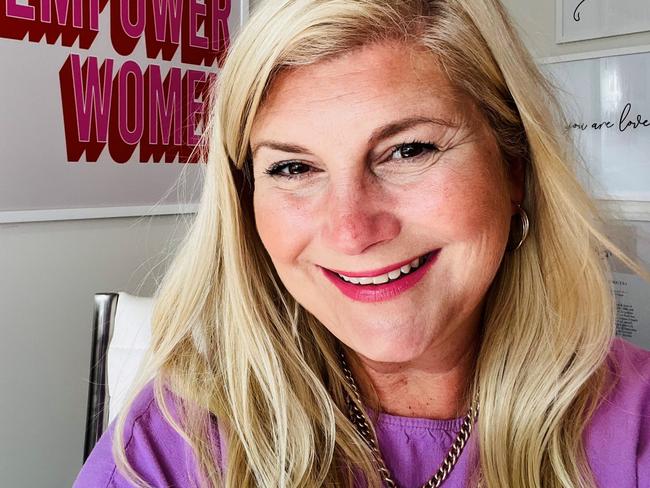
“[Especially] if they haven’t left yet and they’re doing what we call exit planning,” Dr Morrissey said.
“They need to gather evidence before they go if they want to prove the coercive control they experienced. For safety and psychological reasons, it’s important that they have a new phone,” she said.
Dr Morrissey works with DV Safe Phone, an initiative created by Queenslander Ashton Wood whose charity has received 22,908 phones since it started in 2021.
“We’re sending out over a hundred phones every week to over 350 different police stations, safe houses and hospitals across Australia,” Mr Wood said.
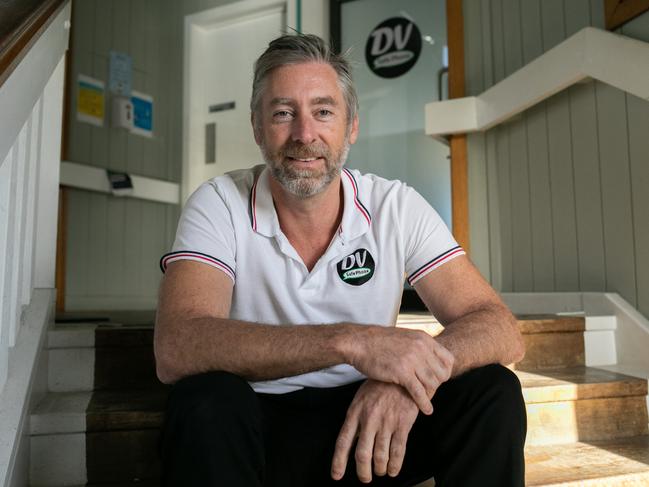
“The mobile phone is often the first thing to be tracked or taken [in DV situations]. They can be weaponised by perpetrators as a means of abuse and they can also be used to isolate a victim from talking to their support network and getting help.
“That’s why it’s imperative for them to have one.”
To donate your old phone, head to their website to find your nearest drop box.
More Coverage
Originally published as Research reveals ways to curb Australia’s domestic violence crisis




